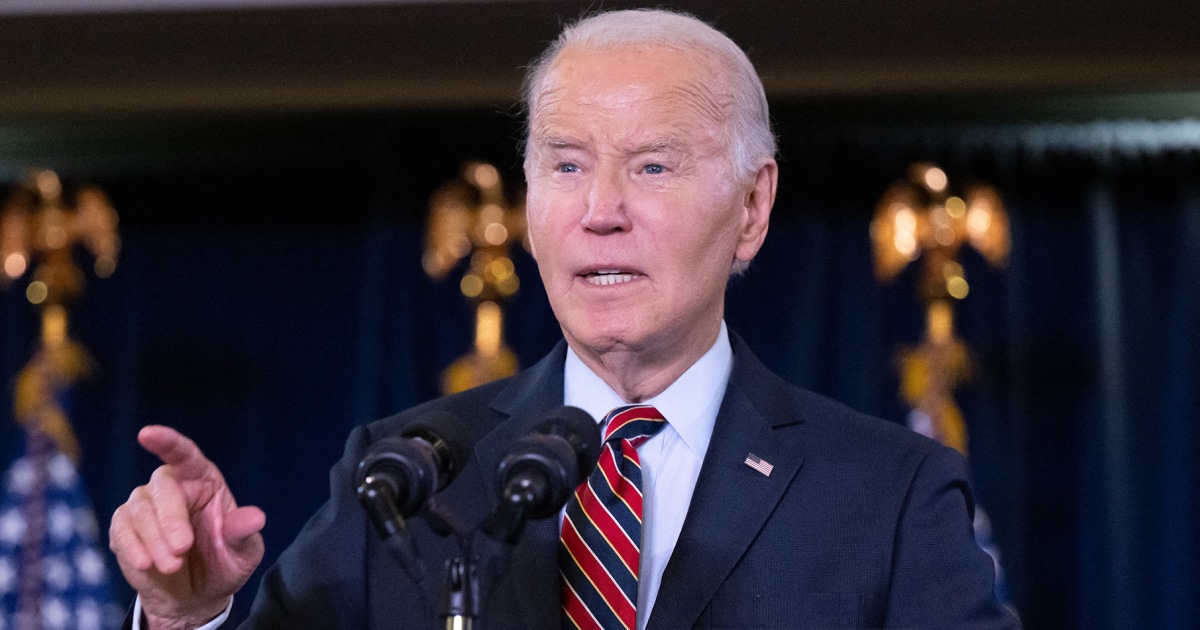
Sluggish home sales, more help with energy bills and a $440 million tax miscalculation have increased the budget deficit in Australia's most populous state. Login or signup to continue reading The weaker-than-expected sales in the NSW housing market have contributed to a predicted $392 million hit to stamp duty revenue - a key source of support for state coffers - to June 2025. Expenses have also blown out $1.
4 billion since the June budget, pushing out the 2024/25 deficit from $3.63 billion to $4.98 billion.

However, the NSW treasurer on Wednesday was confident the immediate dip could mostly be clawed back with improvements over the following three years. "The government's budget position is holding, debt's down which in this economy is mildly encouraging," Daniel Mookhey said during his mid-year state budget update. Gross state debt is forecast to reach $199.
9 billion within four years, according to the update delivered on Wednesday. A stronger jobs market and real wages growth should lift payroll tax while NSW expects to claw back a sliver of the $12.6 billion in forecast GST payments taken away in March.
Protracted troubles in the state insurance sector however have increased expenses in the current fiscal year by almost $1b. "Turning around our state's insurance schemes is diabolically complicated," Mr Mookhey said. Expense growth was also blamed on $1.
2 billion in increased demand for government programs, including a larger-than-expected take up of energy bill relief. A $6.6 billion increased spend on public-sector wages over four years is fully offset and will add no additional debt, the Labor government said.
The update also accounts for Sydney Water's acknowledgement that $440 million in deferred tax payments had been wrongly classified as current tax payments, changing revenue forecasts. It comes after a June budget that was cast as one focused on "must-haves", leaving few sweeteners for cash-strapped families. Since then, several major wage deals have been struck, including an average 26 per cent lift for police over four years.
Agreements are yet to be sealed with other key workers seeking significant pay rises, such as nurses and train drivers. Taxpayers have so far been spared the pain of higher interest bills as the state holds onto two coveted triple-A credit ratings from Moody's and Fitch. The other major credit-rating agency, S&P, in November held its AA-plus ranking while downgrading the state's outlook to negative out of concerns about rising wages and the growing debt burden.
Australian Associated Press DAILY Today's top stories curated by our news team. Also includes evening update. WEEKDAYS Grab a quick bite of today's latest news from around the region and the nation.
WEEKLY The latest news, results & expert analysis. WEEKDAYS Catch up on the news of the day and unwind with great reading for your evening. WEEKLY Get the editor's insights: what's happening & why it matters.
WEEKLY Love footy? We've got all the action covered. WEEKLY Every Saturday and Tuesday, explore destinations deals, tips & travel writing to transport you around the globe. WEEKLY Get the latest property and development news here.
WEEKLY Going out or staying in? Find out what's on. WEEKDAYS Sharp. Close to the ground.
Digging deep. Your weekday morning newsletter on national affairs, politics and more. WEEKLY Follow the Newcastle Knights in the NRL? Don't miss your weekly Knights update.
TWICE WEEKLY Your essential national news digest: all the big issues on Wednesday and great reading every Saturday. WEEKLY Get news, reviews and expert insights every Thursday from CarExpert, ACM's exclusive motoring partner. TWICE WEEKLY Get real, Australia! Let the ACM network's editors and journalists bring you news and views from all over.
AS IT HAPPENS Be the first to know when news breaks. DAILY Your digital replica of Today's Paper. Ready to read from 5am! DAILY Test your skills with interactive crosswords, sudoku & trivia.
Fresh daily!.















